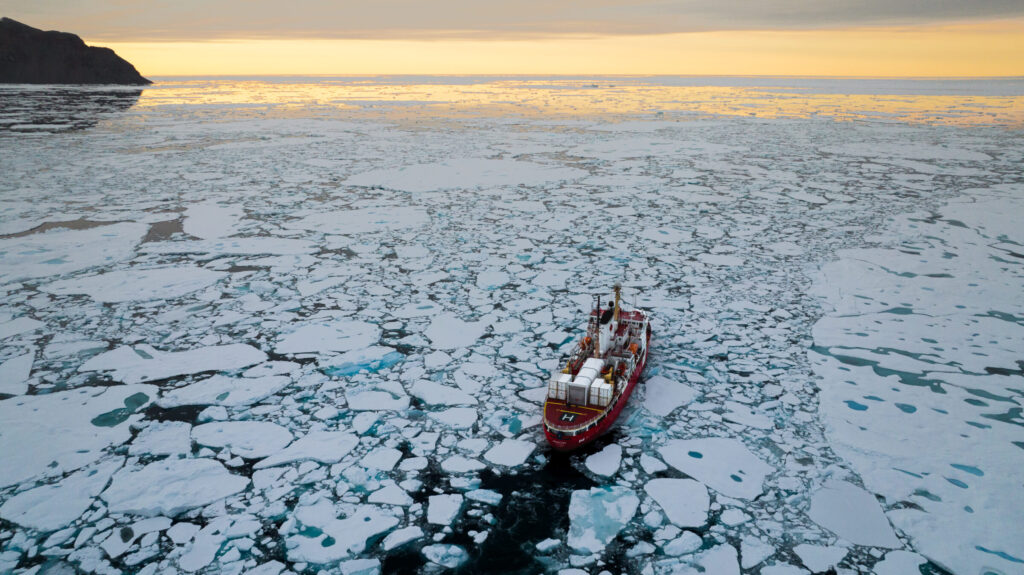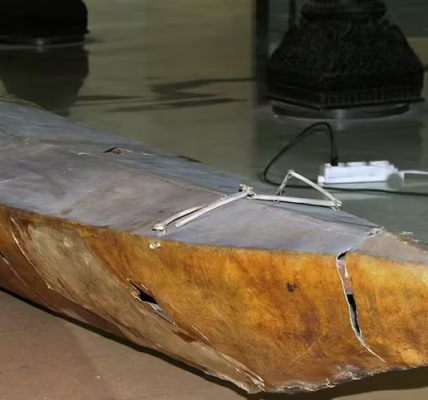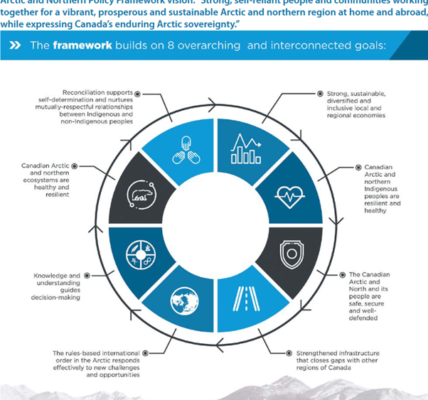Voyage will help researchers better understand Arctic marine ecosystems.
More than 165 researchers will take part in a 114-day expedition on a Canadian icebreaker this summer to study the impact of climate change on Arctic marine ecosystems.
The 2025 Amundsen Expedition will gather improved data, let researchers explore less-visited regions of the Arctic Ocean, and demonstrate Canada’s sovereignty over its Arctic waters, said Alexandre Forest, executive director at Amundsen Science, in a news release Wednesday.
“Our critical work will better position Canada to address the complex challenges of the changing North,” Forest said.
Amundsen Science, based at Laval University in Quebec, manages the scientific mandate of the Canadian Coast Guard ship Amundsen, Canada’s only research icebreaker.

The group has been conducting similar Arctic expeditions every year since 2004.
CCGS Amundsen will start its route in Québec City with 30 scientists aboard on June 27. On July 10, it will move to Goose Bay in Nunatsiavut, then arrive in Iqaluit on Aug. 7.
After that, it will sail in the high Arctic, disembarking Oct. 2 in Resolute Bay. It’s expected to be back in Québec City by Oct. 20.
Over the course of the trip, 165 scientists and professionals from 11 Canadian universities, federal departments, research organizations and Inuit communities will take part in the research, the release said.
They will explore deep-sea ecosystems and fragile habitats and gather information to better understand coastal and marine ecosystems related to issues such as emerging fisheries and aquatic biodiversity.



